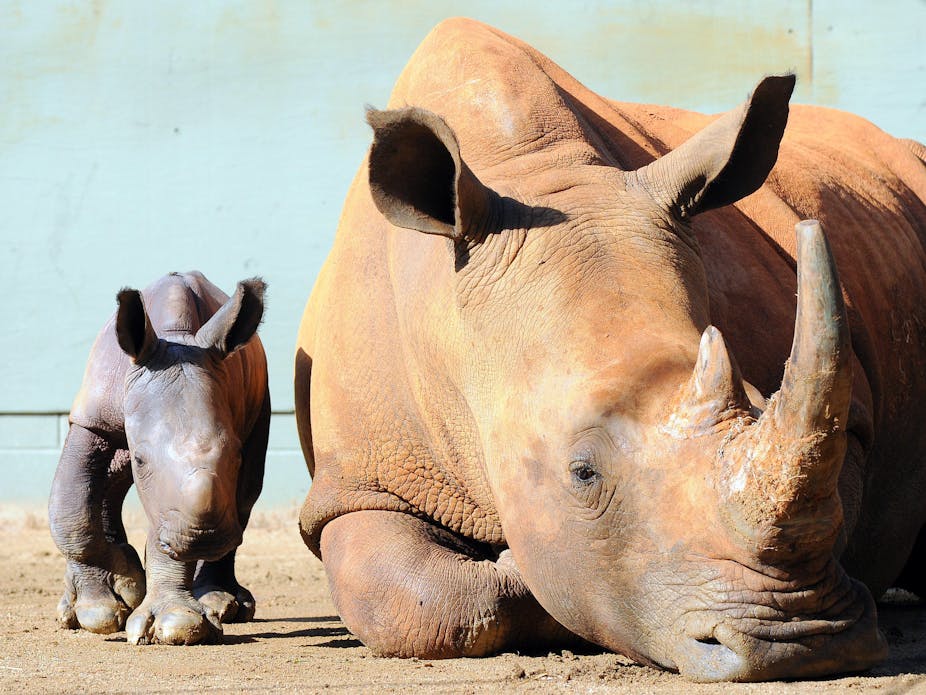A recent article in Nature Neuroscience contends that optimism is hard-wired – that we are more likely to update our knowledge with positive than negative news.
So what happens if all the news seems bad?
That certainly seems the case in conservation – virtually all we hear is about dreadful things happening and how there is worse to come.
Some believe we should just tell it how it is; that if we scare people enough they will reform their ways. That was certainly the response to a letter David Lindenmayer and I wrote to the journal Trends in Ecology and Evolution (you can see the responses here and here).

David and I had suggested that not only does persistent bad news get ignored but the messengers come to be resented, making it even harder to get the message across. We then presented evidence from a range of fields backing up the claim, and also demonstrated that unremitting gloom ignores many good things happening.
Our original letter arose from working with young people. Telling kids that the world is doomed and they can do nothing about it makes many turn away from both environmental science and its messages. Basically, too much bad news makes people feel helpless and they switch off.
As with campaigns to stop smoking and drink driving, people rapidly become accustomed to the negative and short-term gains are lost.
Worse still, push too hard and contrary beliefs can become entrenched. This may well have happened in the climate change debate.
The phrase “shooting the messenger” reflects a genuine psychological condition, a dislike people feel for those bearing bad tidings – in this case, many conservation advocates.

Curiously, those who challenged our view agreed that “communication strategies must accommodate human psychology to succeed”. But they then proceeded to insist that sugar-coating be avoided at all costs.
In our view there can be no “but”. Unless human psychology is central to communication, the effort is wasted.
Basically, conservation advocates need to empower people by mixing stories of impending disaster with those of effective action, or they might as well give up.
And, while there is much to feel deeply alarmed about, there are positive messages, at multiple scales. In our letter we list examples from almost every continent, including the remarkably successful Antarctic Treaty. We could also list many global initiatives, such as the Montreal Protocol to protect the ozone layer.
But it is the countless local actions that ordinary people can really relate to. A fine Australian example comes at the end of the month when there is a gathering near Albany in Western Australia to celebrate 50 years since the Duke of Edinburgh saved the Noisy Scrub-bird. In 1961 he intervened with the local council to prevent development of the last location of the species.

After half a century of sustained applied conservation science, involving hundreds of volunteers, the birds are now far more numerous. By nice coincidence, the Duke, now 90, will actually be in Western Australia at the time of the celebrations.
Of course the scrub-birds still face threats but the success of the last half-century demonstrates what can be achieved.
We had a third point in our letter that bears repeating, namely the comparative difficulty of publishing positive stories.
It is our impression that it is far easier to get gloomy papers published than stories saying things have gone well. Such stories are also more likely to be quoted, thus rewarding their authors with citations.
We do not deny the environment is in dire straits in many ways, and advocates must highlight problems if they are to be remedied. But we are adamant that too many grim forecasts lead to policy paralysis.
In this we are backed up by the new data on the human mind – the same paper in Nature Neuroscience concludes that optimism makes people more likely to take actions to protect themselves.

